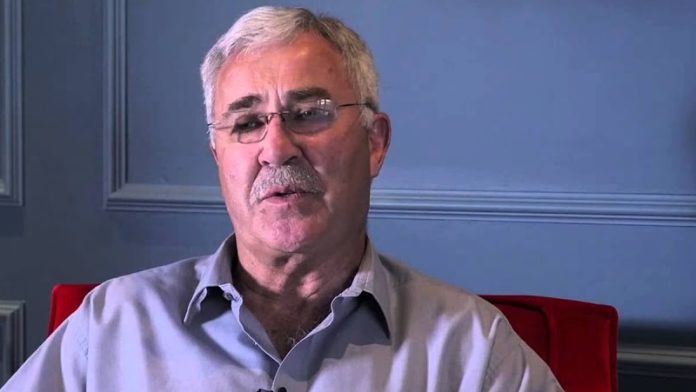
MASTER Drilling, a Johannesburg-listed mining technology company, passed the dividend and slashed maintenance capital for its current financial year so it could weather uncertain business conditions, including the onset of the COVID-19 pandemic.
In an interview following the publication of the group’s 2019 financial results, in which dollar-denominated headline share earnings fell 3.7% to 10.3 cents, the company said maintenance capital would be reduced to about $3m from about $15m in previous years.
Deciding to pass the dividend had also saved the company about $2.6m, said CEO Danie Pretorius. “There are levers we can pull,” said Pretorius. “The first step was not to declare a dividend. We will now relook at out capital planning and spend only when necessary,” he said. Pretorius said at the interim stage the company was unlikely to pass the dividend, demonstrating the speed with which business conditions have changed.
Master Drilling reported cash of $19.5m as of December 31 which the company described as adequate and compares to $33.3m at the close of the previous financial. Debt was reduced slightly to $51m from $57.8m, but the gearing ratio, including cash, increased to 22.5% from 16.2% in the 2018 financial year.
The 2019 financial year was mixed for Master Drilling which suffered the effects of a slowing world economy, but where it has also seen some success in new business in developed economies as well as signing a lucrative contract with Northam Platinum in South Africa.
Business from platinum group metals represents a high point for Master Drilling’s South African base which is otherwise trending down, highlighted by the surprise loss of the contract to drill Kolomela, the Northern Cape mine of Kumba Iron Ore. Pretorius declined to comment on the shock loss of the contract, saying only: “It was a big surprise”.
Master Drilling also completed the restructuring of its business in Peru despite the cost of implementing retrenchments. “The business had to be restructured to align with commercial activities in the country which have declined in what has become an aggressive pricing environment,” the company said in notes to its financial results.
Master Drilling was also keeping a tight rein on its Chile business. South America accounted for about 34% of the company’s total revenue in 2019 compared to 42% of total in 2018. However, it provided the lowest operating margin of about 20% in 2019 compared to a margin of 39% for Africa and 28.5% in other countries.
Looking forward, Pretorius said the company had taken steps last year to strengthen the base of the business although the operating environment was not expected to be any easier. Work in developed economies such as Australia, Canada and the US, as well as through Scandinavia and Europe where Master Drilling has a natural advantage following its purchase of the Bergteamet Raiseboring Europe dating from 2015 was expected to bear fruit in the coming year.
All in all, Master Drilling has a pipeline as of December 31 totalling $297.1m while the committed order book was $142,1m for 2020 and beyond. Interestingly, some new business was concentrated in gold.
“We are seeing that in West Africa in the gold sector,” said Pretorius when asked if he thought the gold sector was now under-explored, especially as 2019 represented the first time there had been no increase in newly mined gold supply. “I think gold is under explored. It is an area to watch and an area to watch very closely,” he said.











